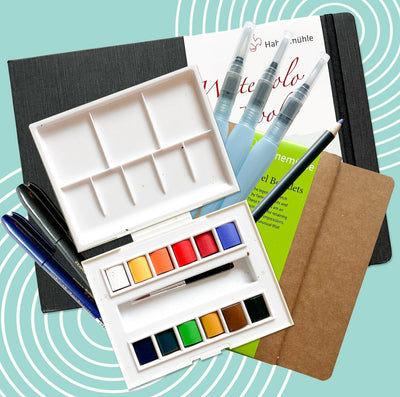If you are an artist, criticism is bound to be a part of your life. The reasons behind criticism might be many, right from mistakes made by you to plain jealousy. However, the true essence of an artist is to take it all in his stride and leverage it to further hone his craft. Of course, criticism can be crushing, be it in the form of comments, feedback, observations or quick impressions. After all, artwork, music or writing is an extension of you and your thoughts, so it pains to see it being panned by critics or other people. However, the way you handle criticism will decide whether it will end up cutting your potential at the bud or motivating you to do better. Let’s take a look at some ways to help you handle criticism effectively.
Take notes: in case you are receiving feedback in person, always make it a point to jot down notes. After all, it’s not possible to remember everything that was said. Try to be as factual as possible, and don’t just dwell on the positive parts of the conversation. Post the visit, sit down with the notes and think about how you can now work towards improving on the aspects highlighted to you.
Learn to recognize constructive criticism: do remember that constructive criticism is one of the best ways to get better at what you do. Most of the times you will see that the person giving you feedback will also have a solution thrown into the mix. These are the people who want you to get better and are not trying to demotivate you. It is important to take such criticism seriously and look for the valuable inputs hidden in the feedback.
Don’t get defensive: taking criticism is an art that has been perfected by many great artists. Responding to criticism with resentment will never grow you as an artist because once you cool down, you might realize that the critic did have some points which you really need to work on. So the best way to go about it is to first digest the feedback and then get back to your critic with questions or comments, if any. No one is perfect, so you shouldn’t expect the same for your creation.
Learn to filter: not everyone thinks alike, so in case the feedback you received from someone is in stark opposition to the general sentiment, you should learn to take it with a grain of salt. Additionally, the feedback offered might not be relevant to your field or maybe it was made in haste without really getting deep into your work.
Thank your critics: whether they have been good or mean to you, it makes sense to thank your critics for taking a look at your work. This helps give a closure to the discussion, and also displays your professionalism and commitment to improve.
Irrespective of the criticism your work might receive, you should not let that bog you down. Continue looking for inspiration to create great works of art and keep sharing your ideas with the world. The most important thing is being honest to yourself and your craft. If you are committed to it and keep persevering, there is no way your work wouldn’t receive the adulation it deserves.


